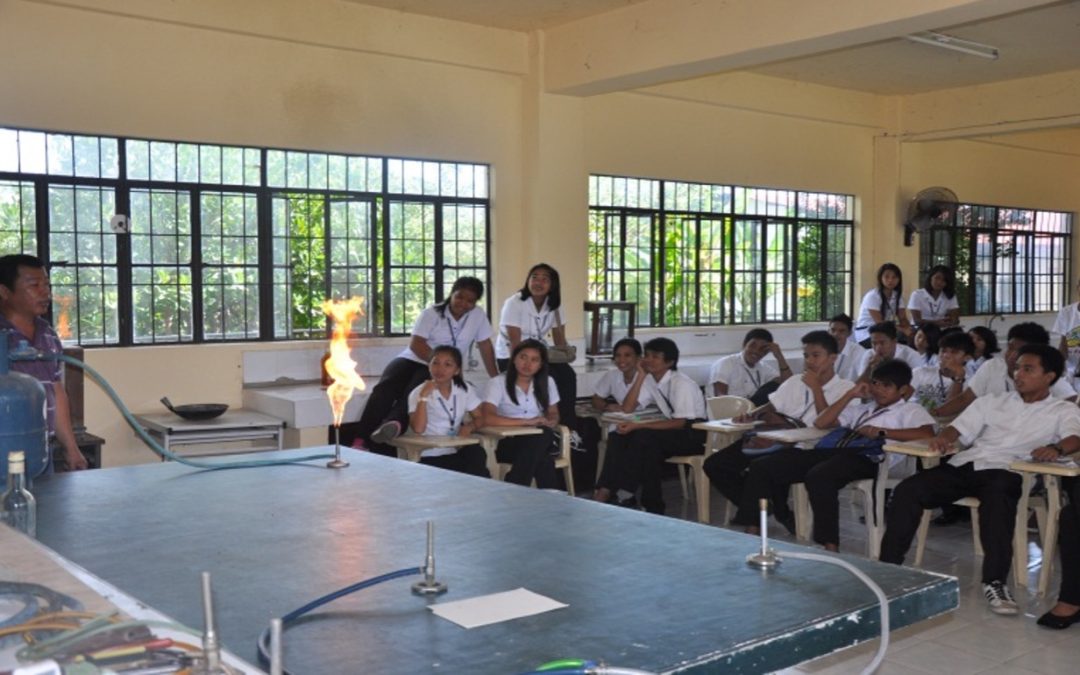As research, extension and innovation play a crucial role in advancing research and development objectives, the Pangasinan State University strengthens its centers and facilities to provide students and faculty with the infrastructure, instruments, and resources necessary to conduct experiments, collect data and analyze results.
University President Dr. Dexter R. Buted said well-equipped laboratories, fish hatcheries, aquaculture facilities and experimental ponds facilitate experiential learning and the application of theoretical concepts in the real world.
“By providing cutting-edge facilities, the university demonstrates its dedication to enhancing the BS Fisheries Program of the University, managing water systems and nurturing a research-friendly environment,” Dr. Buted said.
Thus, one Research, Extension, Innovation and Gender and Development (REIGn) Center is housed at PSU-Binmaley Campus which is dedicated to fisheries and aquatic sciences. This center is the Center for Hydrology, Aquamarine, Natural and Ocean Sciences (CHANOS) which is engaged in REI activities, particularly in the field of Fisheries. It also provides R&D facilities for various aquatic science studies conducted by faculty and students.
The Laboratories
The Pangasinan State University-Binmaley Campus is home to a vast array of fisheries research facilities and apparatus. These facilities are intended to provide students and faculty with a conducive environment for conducting research and experiments in various fields of fisheries science.
The Fisheries Science Laboratory (FS Lab) is the central facility for conducting fisheries-related scientific research. The FS lab’s modern microscopes, water quality analysis tools, and biological specimen preservation apparatus make it possible to study fish anatomy, physiology and behavior in full detail.
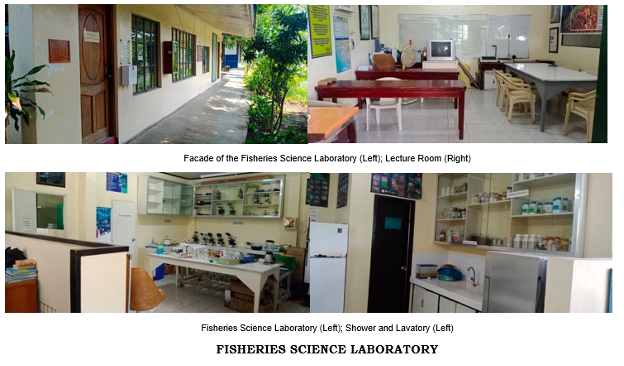
Campus researchers can analyze fish samples, investigate their reproductive biology, and examine the impact of environmental factors on fish populations. The Fisheries Science Laboratory provides a controlled and precise environment for undertaking in-depth studies on fish and invertebrate species, thereby contributing to a greater understanding of their biology and aiding in fisheries management and conservation efforts
Another facility is the Aquaculture Laboratory (Aqua Lab) that is used to conduct research on the cultivation and propagation of aquatic organisms, such as fish, shellfish, and aquatic vegetation.
This facility is fitted with specialized containers, recirculating aquaculture systems and water quality monitoring equipment to facilitate research on fish nutrition, breeding methods and culture system optimization. Researchers can investigate the growth patterns of various fish species, assess the efficacy of feed formulations and develop innovative aquaculture techniques. The AquaLab provides a controlled environment for repeatable experiments, thereby contributing to the advancement of sustainable aquaculture practices and enhancing fish farming productivity.
Moreover, there is the Capture Fisheries Laboratory (CF Lab) which is devoted to marine and freshwater fishing-related research. The CF Lab is equipped with fishing gear models such as gillnets and fish traps, allowing researchers to investigate fishing techniques, fish stock assessments, and the effect of fishing on ecosystems. As a result of collecting and analyzing data on fish abundance, species composition, and size distribution, scientists can gain valuable insights into the sustainability of capture fisheries. The Capture Fisheries Laboratory functions as a platform for evaluating fishing strategies, promoting
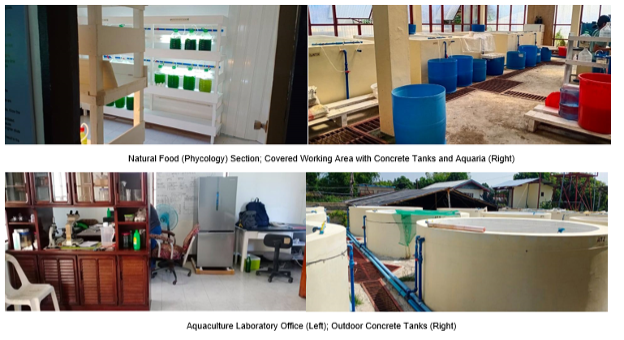
Linkages and Funding
Key to the success of the BS Fisheries Program R&D Agenda are connections with external organizations and funding sources. Collaborations with government agencies, non-governmental organizations and industry partners offer access to a variety of perspectives, skills, and resources.
These connections promote the exchange of knowledge, collaborative research initiatives, and the practical application of research outcomes. In addition, establishing relationships with funding agencies and securing research grants allows the program to pursue innovative projects, support student research, and invest in cutting-edge technologies.
Strong connections and funding sources assure the sustainability and growth of the BS Fisheries Program’s R&D endeavors.
These include the Department of Agriculture, Agricultural Training Institute, Department of Science and Technology, BLP Irrigators Association, the municipalities of Agno and Bautista and international partners, the Ministry of Marine Affairs and Fisheries and IPB University in Indonesia.
Curriculum
PSU’s BS Fisheries Program offers 185 units under the curriculum approved by the Commission on Higher Education per CMO No. 33 series of 2021. The program is aligned with Level 6 of the Philippine Quality Framework (PQF) and supports the policy of the government as stated in the Fisheries Code of 1998 or Republic Act 8550.
Thus, PSU, the region’s premier university of choice, ensures the rational and sustainable development, management and conservation of the fishery and aquatic resources in Philippine waters through proper education and training.
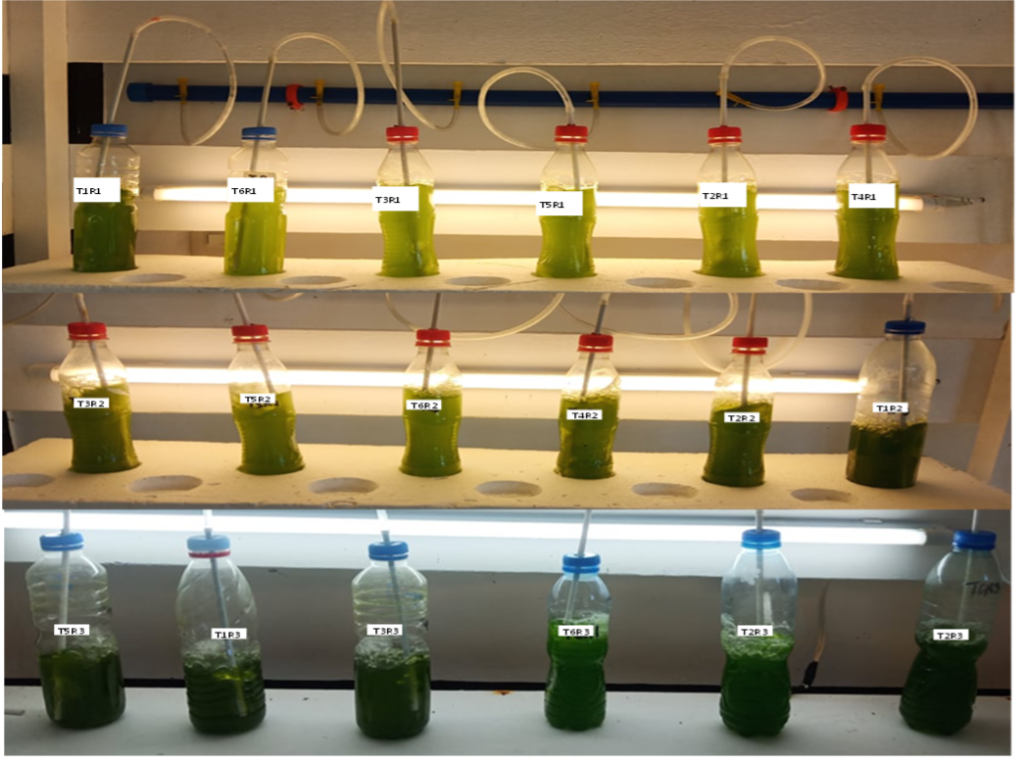
Production of Natural Food (Nannochlorosis australis)
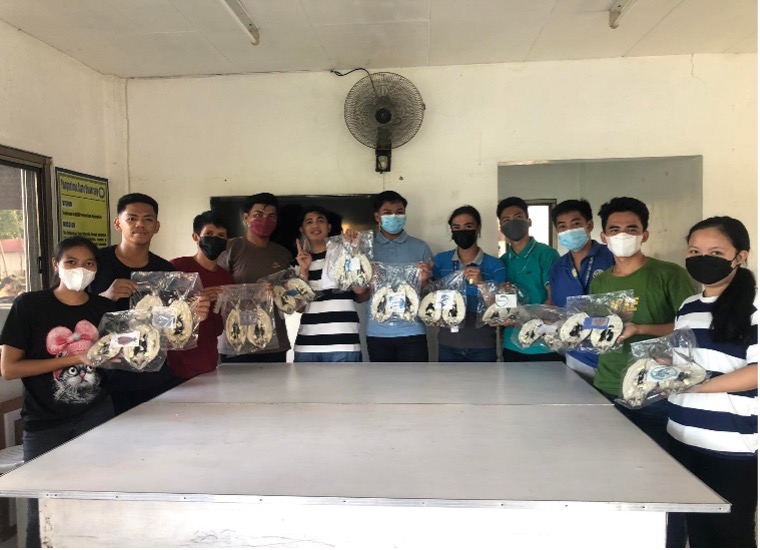
Milkfish deboning
